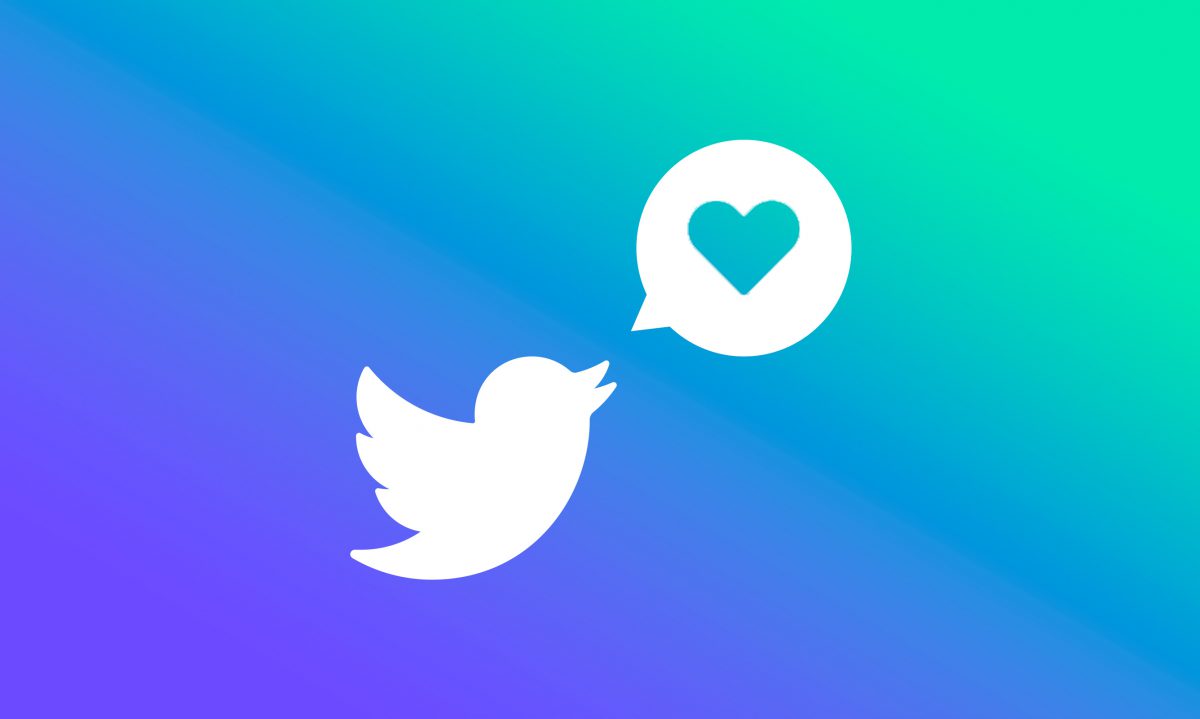how and why they’re verified remains a mystery.
Twitter fast track verification
Twitter is making good on its promise to verify more health experts.
Since the company said it would expand verification two weeks ago, more than 1,000 accounts have received the coveted blue checkmark, according to a company spokesperson.
How to Get Twitter verification ?
The accounts include doctors, academics, health officials and other experts whose Twitter presence have been increasingly important during the coronavirus pandemic.
Twitter has been attempting to fast-track verification for a wide swath of health experts as part of its efforts to fight the spread of conspiracy theories and those promoting “fake or ineffective treatments,” related to COVID-19.
But despite the push, verification remains an opaque process. Twitter’s support page lists its verification program as “on hold,” which has been the case since 2017. And more recent guidance for health officials is somewhat vague.
The company said health experts who wish to become verified should ensure they have an official email address linked to their Twitter account and a detailed bio that links to the institution they represent (which, in turn, should have a link back to their Twitter account).
To #COVID19 experts:
we are prioritizing Verification for Twitter accounts that have an email address associated with an authoritative organization or institution. Here’s how to update the email address associated with your account:https://t.co/H4LkQYeGB8
— Twitter Support (@TwitterSupport) March 21, 2020
But once those steps have been completed, it’s not necessarily clear what comes next, or how health experts are meant to flag their accounts for verification. A company spokesperson said Twitter is relying in part on input from “global public health authorities” that work with its policy team who can help vouch for people that would benefit from verification, but there doesn’t appear to be a formalized way for individuals to make a request.
And though Twitter’s product lead Kayvon Beykpour previously said the company would “likely” be opening a public-facing form that would allow doctors and scientists to request verification without a middleman, such a form has yet to materialize. Twitter declined to comment on when, or if, a form would launch.
Even some health experts who have recently been verified aren’t sure how the process works. A researcher at a well-known medical school told Engadget she was verified several days after updating her account information, but she’s uncertain how her account came to Twitter’s attention. And her attempts to help an emergency room doctor do the same have so far been unsuccessful.
“I wish I knew,” she says. “I thought everyone got a checkmark if you put in your credentials.”
It only takes a quick scan of the replies to Twitter’s official tweets about its new verification efforts to find dozens of similarly confused doctors and scientists — some of whom have since been verified.
That alone will help for now (many accounts that people have tweeted us have had non-descriptive bios/links/etc). We’ll likely share a link to an intake form soon for experts to fill out to request verification too– just working on way to better separate likely noise from signal
— Kayvon Beykpour (@kayvz) March 21, 2020
Verification has long been problematic for Twitter. The company officially “paused” public requests for verification in 2017 after it verified a white nationalist. CEO Jack Dorsey has said he would like to open verification to all users, but that option hasn’t materialized, and the company has continued to quietly verify thousands of new accounts in the years since. In the absence of a way to request the blue tick, this under-the-radar verification process has only been available to people who have access to Twitter employees who are able to vet requests.
For many healthcare professionals, Twitter has become an increasingly important tool as more people flock to the service to better understand the pandemic. “I don’t use this platform to self-promote, I use it mainly for raising awareness to critical issues,” says the researcher, who uses her account to communicate with doctors in other countries. Doctors around the country have also used Twitter to raise awareness about the lack of protective equipment and other critical supplies. Verification can help amplify those kinds of messages.
Moreover, studies suggest members of the public are more likely to trust doctors and researchers, compared with elected officials. More than two-thirds of Americans have a positive view of researchers and doctors, according to a recent survey by Pew Research.
And the fact that Twitter has been able to verify more than 1,000 healthcare experts in two weeks is an encouraging sign that the company is willing to get more of those voices in front of more users — even if its process for doing so is complicated.
Coronavirus:
Twitter Fast Tracks Profile Verification to Help Identify Authoritative Voices on COVID-19 Outbreak
Twitter is making its promise to verify more health experts. Since the organization stated it might verify more accounts two weeks ago, Twitter more than 1,000 accounts have received the coveted blue checkmark.
The accounts include medical doctors, academics, health officers, and different professionals whose Twitter presence has been increasingly crucial throughout the coronavirus pandemic.
Verifying Twitter account remains vague
Engadget said Twitter has been fast-tracking verification for health specialists as part of its efforts to fight conspiracy theories and those promoting “fake treatments” related to COVID-19.
But despite the push, verification remains an opaque process. Twitter’s help page lists its verification application as “on hold,” which has been the case since 2017– the latest steerage for health officers is fairly vague.
Twitter said health specialists who want the blue badge should have an authentic email address connected to their account and a bio linking to the organization they represent.
To #COVID19 experts: we are prioritizing Verification for Twitter accounts that have an email address associated with an authoritative organization or institution. Here’s how to update the email address associated with your account:https://t.co/H4LkQYeGB8 — Twitter Support (@TwitterSupport) March 21, 2020
But once those steps have been completed, it’s still unclear what comes next, or how health professionals are supposed to flag their bills for verification.
A corporation spokesperson said Twitter relies on input from “international public health authorities” that works with its policy group that could vouch for people in taking advantage of the verification. Still, there doesn’t appear to be a formalized way for individuals to make a request.
And even though Twitter’s product lead Kayvon Beykpour previously said the company would “likely” be giving a form to allow doctors and scientists to request verification without a middleman. Twitter declined to comment on when, or if, a shape might launch.
Long, intricate process
Account verification has long been intricate for Twitter. The enterprise officially “paused” public requests for confirmation in 2017 after giving a badge toa white nationalist.
CEO Jack Dorsey said he would really like to initiate verification for all users. Still, that idea hasn’t materialized, and the corporation has continued to quietly affirm thousands of latest debts within the years on account that. In the absence of a manner to request the blue tick, this verification procedure has only been available to human beings who have direct access to Twitter personnel who vets requests.
For many healthcare professionals, Twitter has ended up an increasingly essential tool as more humans gather to the social media site to understand the pandemic better. “I don’t use this platform to self-promote, I use it mainly for raising awareness to important issues,” says the researcher, who makes use of her account to talk with docs in different countries. Doctors worldwide have also used Twitter to raise awareness of the lack of protective devices and various vital supplies. Verification can help enlarge one’s style of messages.
Moreover, studies propose participants of the public are much more likely to trust doctors and researchers, compared with elected officials. A recent survey by Pew Research reveals more than two-thirds of Americans have a magnificent view of researchers and medical doctors in social media.
And the reality that Twitter has been capable of verifying more than 1,000 healthcare specialists in weeks is an encouraging sign that the company is inclined to get more of these voices to users.


















